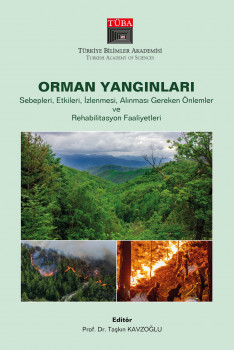Effects of Climate Change and Urban Expansion on Wildfire Risk in Istanbul Province

Effects of Climate Change and Urban Expansion on Wildfire Risk in Istanbul Province
Changes and fluctuations in climatologic parameters may enhance or reduce wildfire occurrence and spread possibility by affecting litter moisture. Furthermore, the increased human activities in or around the forests may influence both wildfire risk and evacuation of people in case of fire. Istanbul is under the threat of both stressors, climate change and urban sprawl. According to ensemble model outputs, the temperature is predicted to increase during precipitation decrease. Istanbul is also the province with the lowest per person forest area and a visible urban sprawl. From 1990 through 2015, impervious surfaces have increased more than 20 percent. This indicates an increase in urban population and demand for ecosystem services, especially recreation. In addition to this, we revealed that urban areas had consumed agricultural lands in and around the city for the last 30 years. This also means that the distance between urban areas and forests has decreased in many locations. We concluded that even though no apparent increase has been detected in the number of fires and areas for the period of 2010-2020, the risk for a widespread and severe fire is predicted to increase in due course.
